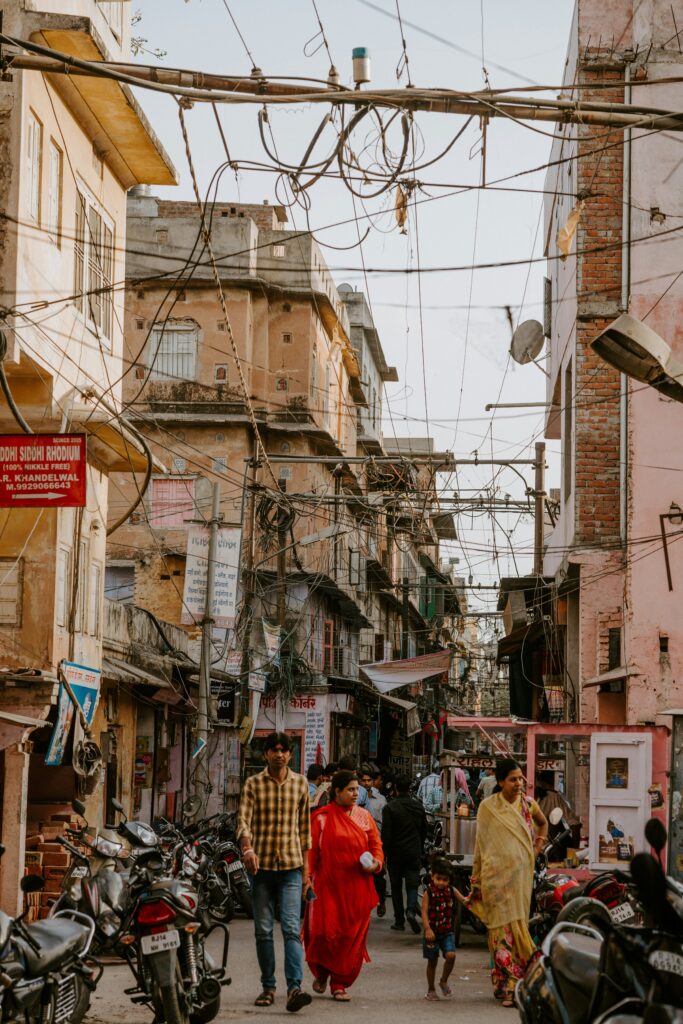Low-Cost Housing Project in an Urban Area in India
In low-cost housing projects, there is a need to find innovative solutions by considering the totality of the problem. There is also a need to review experimental housing projects and analyze various interactions. This would be helpful to evolve more meaningful solutions in the future to tackle the complex problem of low-cost mass housing. In emphasizing the role of ” total planning,” Duckminister Fuller says that life on this planet is a total environment comprising of men, resources, ideas, and possibilities. The present case study is intended to show how some possible solutions can be iterated by considering systematically the overall problem and interrelationships between various elements.
In the past few years, repatriates of Indian origin have been arriving from Luma in several groups and attempts have been made to house them in urban and rural areas of Tamil Nadu in Southern India since the language and social customs are somewhat similar (although it calls for adjustments). The project under discussion is to bouse 600 such repatriated families in the periphery of the city of Madras which has a population of about 2,300,000. The project is treated as a problem in Urban Systems engineering which considers technical, social, cultural, psychological, economic, financial, and management aspects. Residential buildings and school buildings are included in this case study to show the considerations in arriving at design solutions and the need for a testing construction method hitherto not used in Madras.

Also Read: Low-Cost Housing: Policies and Constraints in Developing Countries
